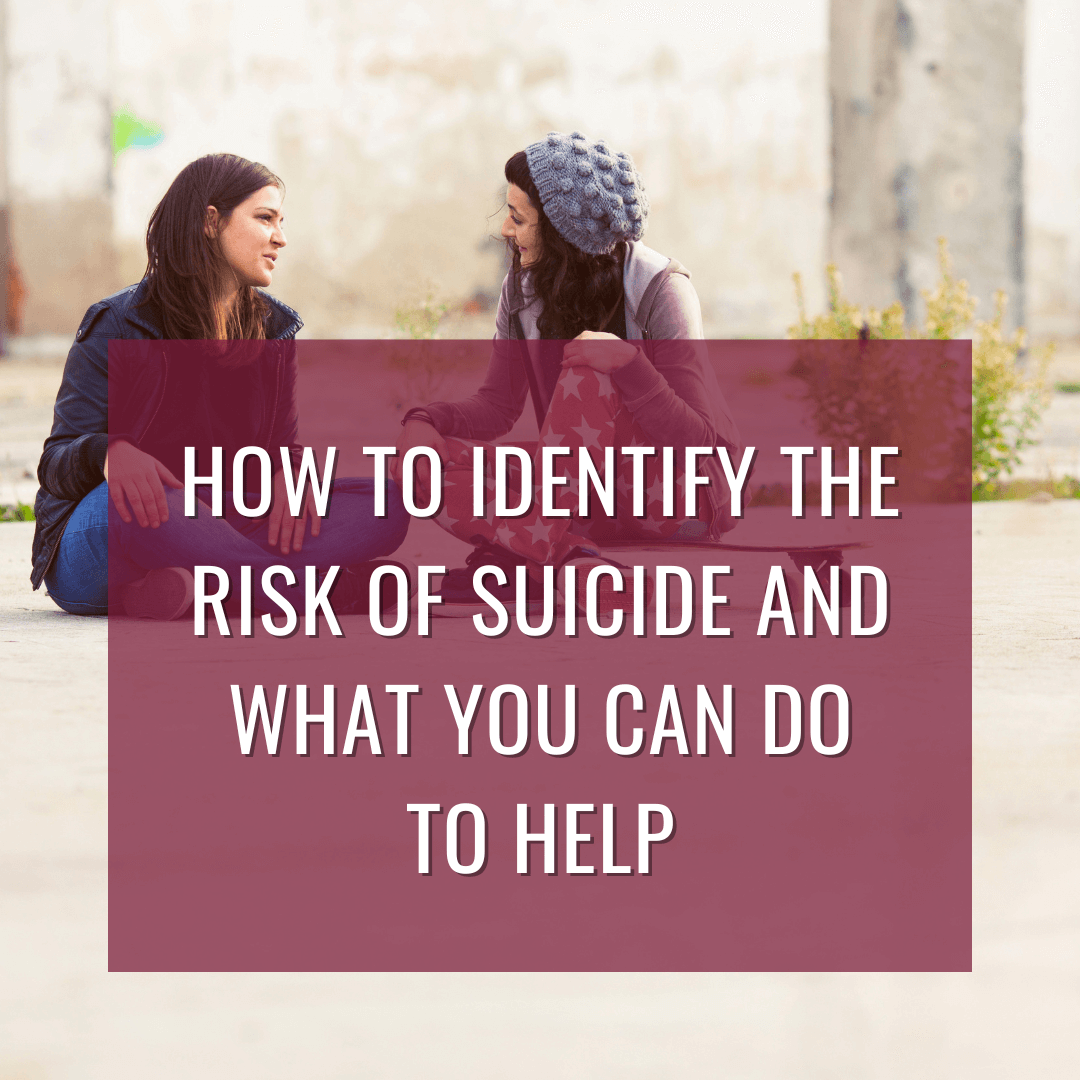-
How to Identify the Risk of Suicide and What You Can Do to Help
- Posted on September 14, 2022
- by admin
- in All Articles, NFSB Blog
- Comments Off on How to Identify the Risk of Suicide and What You Can Do to Help

On July 16, the 988 Suicide and Crisis Hotline was made available to all landline and cell phone users as mandated by the federal government. The goal is to reduce the number of negative outcomes by filling gaps in mental health crisis care.
“People experiencing a crisis or any mental health-related stress were going without the support they needed,” said Kelly Rivadeneyra, Licensed Clinical Social Worker (LCSW) at Nutley Family Service Bureau (NFSB). “Many were asking for help without a response or any knowledge about available resources. 988 makes professional help and resources just as easy to access as emergency services through 911.”
September is Suicide Prevention Awareness Month. The good news is that suicide rates in New Jersey actually dropped from 7.7 percent in 2010 to 7.1 percent in 2020, according to Kaiser Family Foundation analysis of CDC data. The hope is that 988 will contribute to continuing this trend.
Let’s take a look at protective and risk factors that contribute to the likelihood of suicide, warning signs that a person may be having suicidal thoughts, and how to approach someone in this situation.
Protective Factors and Risk Factors
Protective factors refer to characteristics, behaviors, and circumstances that reduce the likelihood of a negative outcome. For example, protective factors include:
- Strong social support system
- Good physical and mental health
- Adaptive coping mechanisms and problem-solving skills
- Access to basic life essentials, like housing, food, clothing, and healthcare
Risk factors are the opposite of protective factors and increase the likelihood of negative outcomes. Isolation, poor health, substance use, lack of coping and problem-solving skills, financial problems, and a lack of basic life essentials increase suicide risk.
Subtle and Direct Warning Signs of Suicide Risk
Some warning signs are more subtle and can be tricky to detect. For example, if a person starts to become isolated or withdrawn, seems tired all the time, stops taking care of themselves, or becomes more irritable, you might assume they’re just going through a rough patch. They could be signs of much deeper challenges.
Other warning signs are more obvious and direct. If someone actually talks about feeling hopeless and not wanting to live anymore, the risk of suicide is high. If someone starts giving away their money and belongings and visiting and calling loved ones, these are signs that the person is preparing for the end by saying goodbye.
A sudden improvement in a person’s mood, while seemingly a “return to normal,” can actually be dangerous.
“This behavior can be an indication that someone has made the decision to follow through with suicide,” Kelly said. “Because they’ve accepted the fact that their suffering will be over soon, it’s almost like a relief. A burden has been removed from their shoulders and they can relax because they know the end is near.”
What You Can Do if You Sense a Risk of Suicide
Talk to them. More importantly, listen to them.
“People tend to feel uncomfortable having conversations about suicide, but it could show a person that whatever they’re experiencing is something they can share with you,” Kelly said. “Ask how they’ve been feeling in a private, safe environment. Ask if something is going on that’s bothering them. Listen without interjecting. Then you can share your concerns. Very often, it’s important to ask someone directly if they’re thinking about hurting themselves.”
The last thing you want to do is debate someone who is showing signs of mental health disorders, minimize their struggles, or give them advice that isn’t welcome or helpful. They can’t just “snap out of it.” They need help.
If you’re having thoughts about suicide, reach out to someone you trust. If you don’t feel comfortable sharing those thoughts and feelings with anyone you know, call the 988 Suicide and Crisis Hotline. You’ll be connected with a mental health crisis counselor who can help. That’s why the number exists.
When you’re ready to seek guidance and learn how to turn things around, you can contact the Mental Health Center at NFSB. We can help you sort through your thoughts and emotions, create meaningful goals, and guide you on a path to achieving them.
Look out for your loved ones, know the warning signs of suicide, and have the difficult conversations. Remember, help is now three digits away from any phone at 988, and we’re always here for you at NFSB. Call 973-667-1884 to schedule an appointment.
If you enjoyed this article please consider sharing it!

















